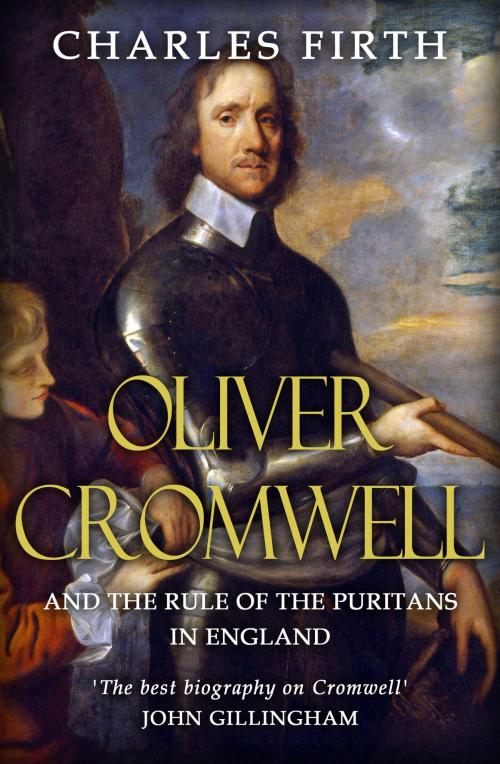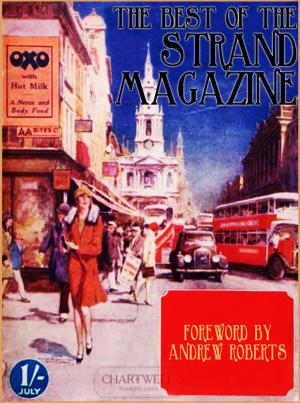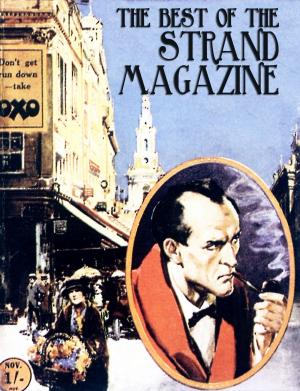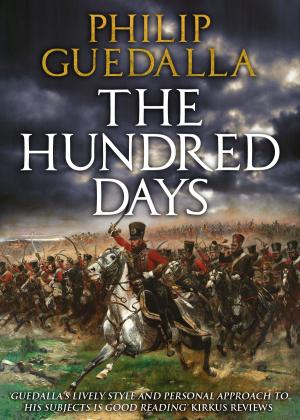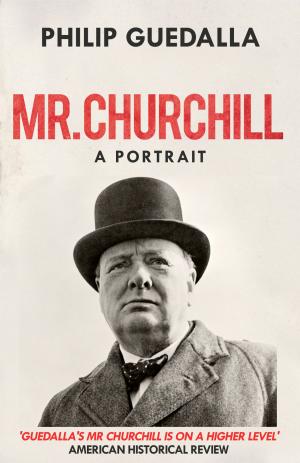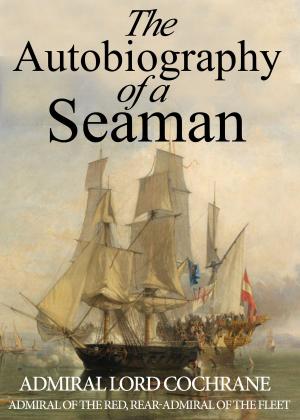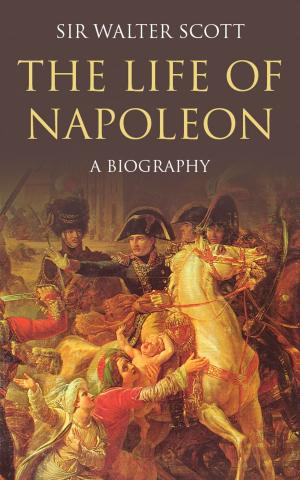Oliver Cromwell
And the Rule of the Puritans in England
Nonfiction, History, British, Biography & Memoir, Political, Historical| Author: | C. H. Firth | ISBN: | 1230002143293 |
| Publisher: | Endeavour Press | Publication: | August 31, 2015 |
| Imprint: | Albion Press | Language: | English |
| Author: | C. H. Firth |
| ISBN: | 1230002143293 |
| Publisher: | Endeavour Press |
| Publication: | August 31, 2015 |
| Imprint: | Albion Press |
| Language: | English |
Sir Charles Firth’s biography of Oliver Cromwell portrays a man who was ‘both soldier and statesman in one’, a man of ‘a large-hearted, expansive vigorous nature’, one who always invokes the might of God to explain his very human acts of revenge and justice.
Frith describes the years which led to Cromwell seizing power. These years included the rise and fall of megalomaniac King Charles I, meetings of the Long Parliaments of the 1640s and the discussions concerning the newer ideas in English Christianity. Then came the Puritan rebellion against Charles following their Nineteen Propositions of 1642.
Throughout the 1640s and 1650s the Royalists, fighting on behalf of the King, were engaged in fighting with the Puritans, and Firth gives excellent and vivid descriptions of battle based on first-hand accounts. Assisted by the Scottish Army, the Battle of Marston Moor was a key point in the conflict.
Then Ireland rose up against its Parliament, leading to Cromwell’s attempt to convert the nation to Protestantism, and England went to war with Scotland and the Netherlands.
After the execution of Charles I in 1649, Cromwell was placed at the head of the English Republic. He also encouraged education and scholarship, which were linked with his own religious ideals to unite the branches of the English church, and hoped to secure England’s commercial and religious interests within Europe and the colonies.
Right up to his death in 1660, argues Firth in a wide-ranging and brilliant study of Puritanism and the man who stood at its head, no man exerted more influence on the religious development of England.
Charles Firth (1857-1936) was Regius Professor of Modern History at Oxford University and president of the Royal Historical Society. His works concerned seventeenth-century England and included Scotland and the Commonwealth.
Sir Charles Firth’s biography of Oliver Cromwell portrays a man who was ‘both soldier and statesman in one’, a man of ‘a large-hearted, expansive vigorous nature’, one who always invokes the might of God to explain his very human acts of revenge and justice.
Frith describes the years which led to Cromwell seizing power. These years included the rise and fall of megalomaniac King Charles I, meetings of the Long Parliaments of the 1640s and the discussions concerning the newer ideas in English Christianity. Then came the Puritan rebellion against Charles following their Nineteen Propositions of 1642.
Throughout the 1640s and 1650s the Royalists, fighting on behalf of the King, were engaged in fighting with the Puritans, and Firth gives excellent and vivid descriptions of battle based on first-hand accounts. Assisted by the Scottish Army, the Battle of Marston Moor was a key point in the conflict.
Then Ireland rose up against its Parliament, leading to Cromwell’s attempt to convert the nation to Protestantism, and England went to war with Scotland and the Netherlands.
After the execution of Charles I in 1649, Cromwell was placed at the head of the English Republic. He also encouraged education and scholarship, which were linked with his own religious ideals to unite the branches of the English church, and hoped to secure England’s commercial and religious interests within Europe and the colonies.
Right up to his death in 1660, argues Firth in a wide-ranging and brilliant study of Puritanism and the man who stood at its head, no man exerted more influence on the religious development of England.
Charles Firth (1857-1936) was Regius Professor of Modern History at Oxford University and president of the Royal Historical Society. His works concerned seventeenth-century England and included Scotland and the Commonwealth.
